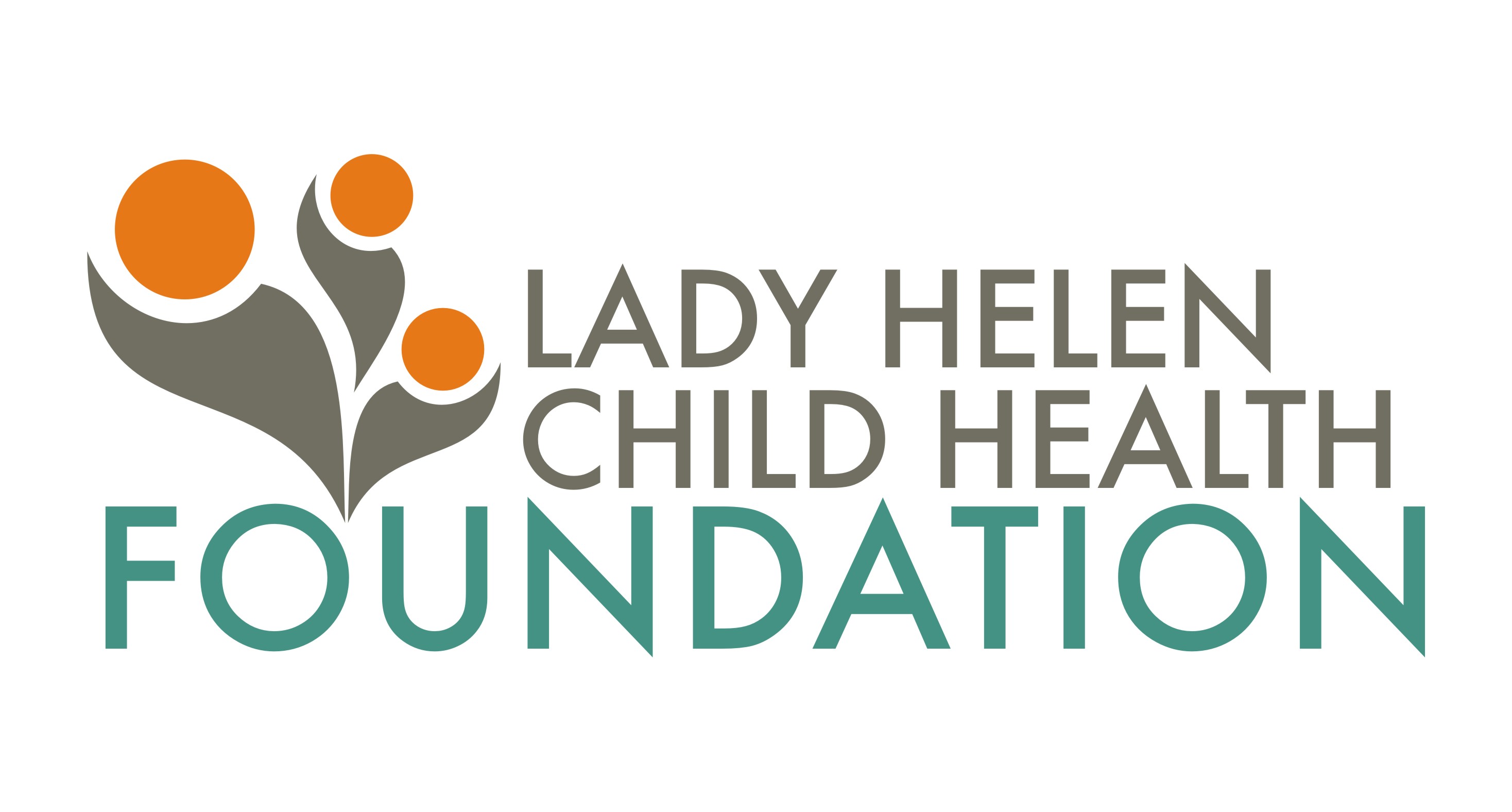Abstract
Home-based records are used to document the progress of health services administered to an individual; It takes account of hospital visits, immunization and child development progress. In Nigeria, despite the high birth-rate and fertility, the use of home-based records is less than 50%. Effective utilization of home-based records has been found to improve health seeking behaviours, breast feeding and communication in high income countries. However, there is still a lack of reliable evidence to prove the value that results from the use of these records specifically in low- and middle-income countries. The 2018 guidelines for home-based records published by the World Health Organization emphasized that more research is required to verify the effectiveness of home-based records in improving MNCH outcomes. Although knowledge and coverage of immunization in Lagos state is higher than in other regions in Nigeria, recent figures from the NDHS show worsening rates of neonatal and under-5 mortality. As such it is important to investigate whether the use of immunization cards and other home-based records has significant effect on child hood outcomes. The NDHS is carried out in the 36 states of Nigeria with a sample size of 41,821 women of reproductive age. So far 10 surveys have been carried out between 1990 and 2018. This study would perform multivariate analysis on responses from the 2018 survey by extracting data collected from women in Lagos state. This would cover responses on the use of immunization cards and other home-based records and the corresponding effect this has on vaccination completion, birth weight, child, nutritional status. For triangulation, the study, might also benefit from a qualitative aspect, that would involve interviews and focus group discussions with women in public hospitals in Lagos state. This study would be in line with WHO recommendation, add to the scarce literature on the subject, and could potentially inform policy.
REFERENCES
Brown, D. W., Bosch-Capblanch, X., & Shimp, L. (2019). Where Do We Go From Here? Defining an Agenda for Home-Based Records Research and Action Considering the 2018 WHO Guidelines. Global Health: Science and Practice, 7(1), 6-11.
Brown, D. W., Gacic-Dobo, M., & Young, S. L. (2014). Home-based child vaccination records – A reflection on form. Elseivier, 32(16), 1775-1777.
Magwood, O., Kpadé, V., Thavorn, K., Oliver, S., Mayhew, A. D., & Pottie, K. (2019). Effectiveness of home-based records on maternal, newborn and child health outcomes: A systematic review and meta-analysis. PLOS ONE , 14(2), e0212698. Retrieved from https://doi.org/10.1371/journal.pone.0209278
National Population Commission (NPC). (2019). Nigeria Demographic and Health Survey 2018. Abuja, Nigeria, and Rockville, Maryland, USA: NPC and ICF.
Omomila, J. O., Ogunyemi, A. O., Kanma-Okafor, O. J., & Ogunnowo, B. E. (2020). Vaccine-related knowledge and utilization of childhood immunization among mothers in urban Lagos. Niger J Paediatr, 270-276.
Osaki, K., Hattori, T., & Kosen, S. (2013). The role of home-based records in the establishment of a continuum of care for mothers, newborns, and children in Indonesia. Global Health Action, 6(1). Retrieved from https://doi.org/10.3402/gha.v6i0.20429
WHO. (2018). WHO recommendations on home based records for maternal , newborn and child health. Geneva: World Health Organization.

 The foundation founded in her honour is geared towards improving the health outcomes for children and mothers by promoting a strong culture of preventive and quality improvement measures in healthcare provision
The foundation founded in her honour is geared towards improving the health outcomes for children and mothers by promoting a strong culture of preventive and quality improvement measures in healthcare provision 